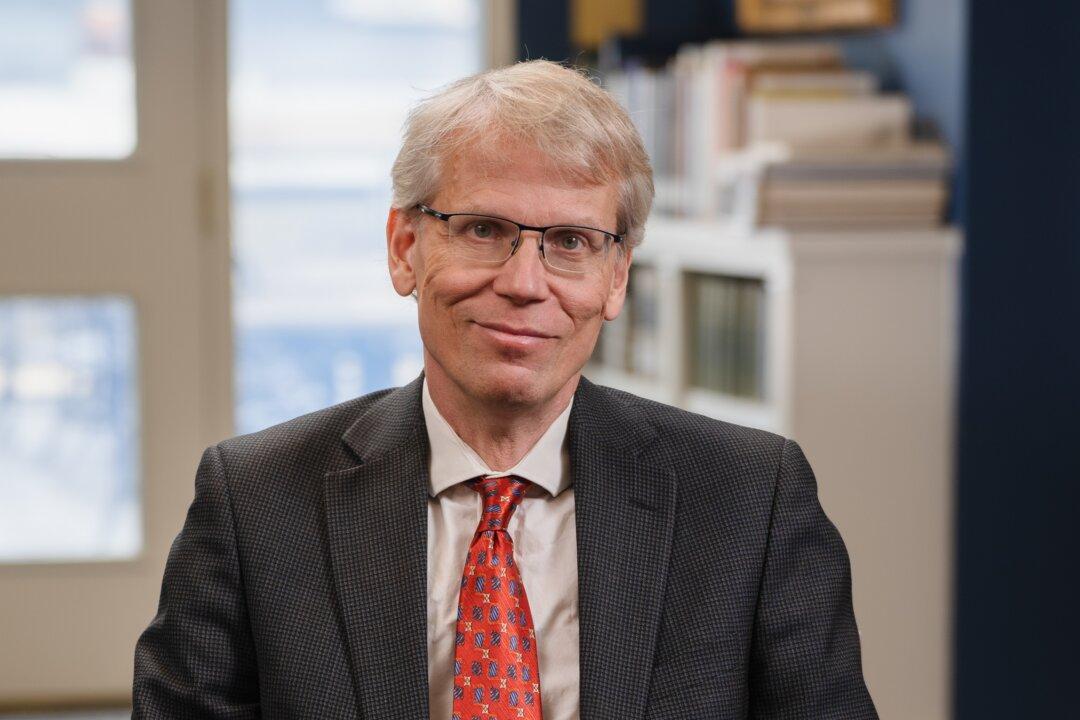The current scientific paradigm needs to change to lessen reliance on journals and major funding entities such as the National Institutes of Health (NIH), Martin Kulldorff says.
The COVID-19 pandemic has laid bare the serious problems with the system, including how a select few control much of the financial support available to researchers in the United States and other Western countries, Kulldorff, the senior scientific director at the Brownstone Institute, told EpochTV’s “American Thought Leaders.”






